AeroGenie — Ваш интеллектуальный второй пилот.
В тренде
Categories
Airlines Adopt Event-Driven AI Systems to Improve Operations
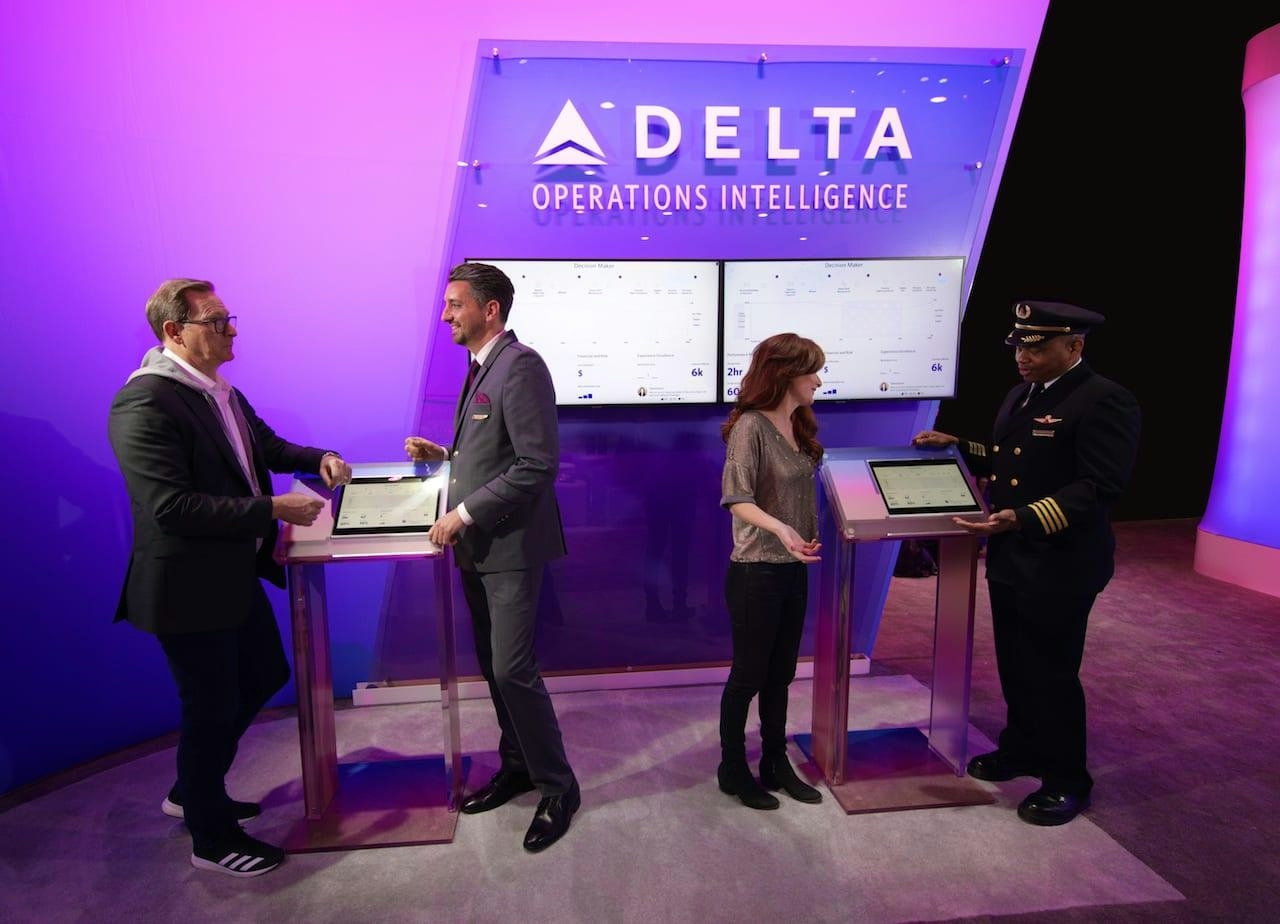
Airlines Adopt Event-Driven AI Systems to Improve Operations
Advancements in AI Across the Aviation Sector
The aviation industry is witnessing a rapid integration of artificial intelligence (AI) technologies aimed at enhancing operational efficiency and elevating the passenger experience. Key players across the sector—including manufacturers, air traffic controllers, airlines, and airports—are increasingly deploying AI-driven solutions. Singapore Airlines (SIA), for instance, has collaborated with the A*STAR Institute for Infocomm Research to implement predictive maintenance systems powered by AI. This initiative enables the airline to anticipate fleet requirements proactively, thereby reducing delays and optimising engineering productivity. Similarly, digital airport traffic management systems now employ AI to automate air traffic control processes, which helps minimise human error and decrease incidents on the tarmac.
Passengers are also benefiting from these technological advancements. Airlines are utilising AI to enhance customer service, as exemplified by Etihad Airways’ upcoming AI-powered flight booking chat application and SIA’s partnership with OpenAI to upgrade its virtual assistant for more intuitive trip planning and management. At Singapore’s Changi Airport, AI-driven systems monitor crowd movements and analyse passenger behaviour, offering valuable insights into traveller preferences. According to Deloitte’s 2025 Travel Industry Outlook, the adoption of AI across the travel sector is accelerating, contributing to improved passenger experiences, greater operational efficiency, and increased revenue. However, these individual applications represent only a fraction of AI’s broader potential within aviation.
Challenges in Integration and Market Implications
Despite the clear advantages, integrating AI into aviation’s complex and fragmented technological landscape remains a formidable challenge. The industry’s ecosystem is characterised by siloed communication channels and legacy systems, which often impede the full realisation of AI’s benefits. McKinsey highlights that decision-making processes in critical areas such as route planning, scheduling, and fleet management continue to be constrained by outdated technologies and isolated data streams.
Transitioning to real-time, event-driven AI systems involves overcoming significant obstacles, including the integration of new technologies with existing infrastructure, ensuring data privacy and security, and managing the substantial costs associated with AI deployment. These challenges are further complicated by evolving market dynamics. As more airlines invest in advanced AI capabilities, competition intensifies. While this trend may lead to lower prices for consumers, it does not necessarily translate into higher profit margins for airlines. Competitors are expected to adopt similar AI technologies to maintain their competitive edge, potentially saturating the market and diminishing the unique advantages that AI can offer. Recent data indicates that although AI can markedly improve operational efficiency, its benefits may become diluted as adoption becomes more widespread across the industry.
Toward a Connected and Intelligent Aviation Ecosystem
Realising the full potential of AI in aviation requires seamless integration across the entire ecosystem—from ground operations and aircraft systems to reservations, passenger services, and maintenance. Agentic AI, which is capable of managing complex tasks and making autonomous decisions with minimal human intervention, holds significant promise in this regard. The effective functioning of such systems depends on the real-time integration of diverse data sources and AI-enabled events.
A particularly promising strategy involves adopting a real-time, event-driven integration model known as an “agent mesh.” Central to this approach is the event mesh, a data distribution layer that facilitates seamless information flow across organisations and geographic locations. Building upon this foundation, the agent mesh introduces a network of autonomous AI agents capable of interpreting and acting on data in real time, thereby embedding distributed intelligence within aviation’s digital infrastructure.
By orchestrating data and events precisely where they are needed, these interconnected AI systems empower airlines to make faster, more informed decisions. This development paves the way for a more agile, efficient, and responsive aviation industry.

Bentley Uses Sustainable Aviation Fuel for Luxury Car Deliveries
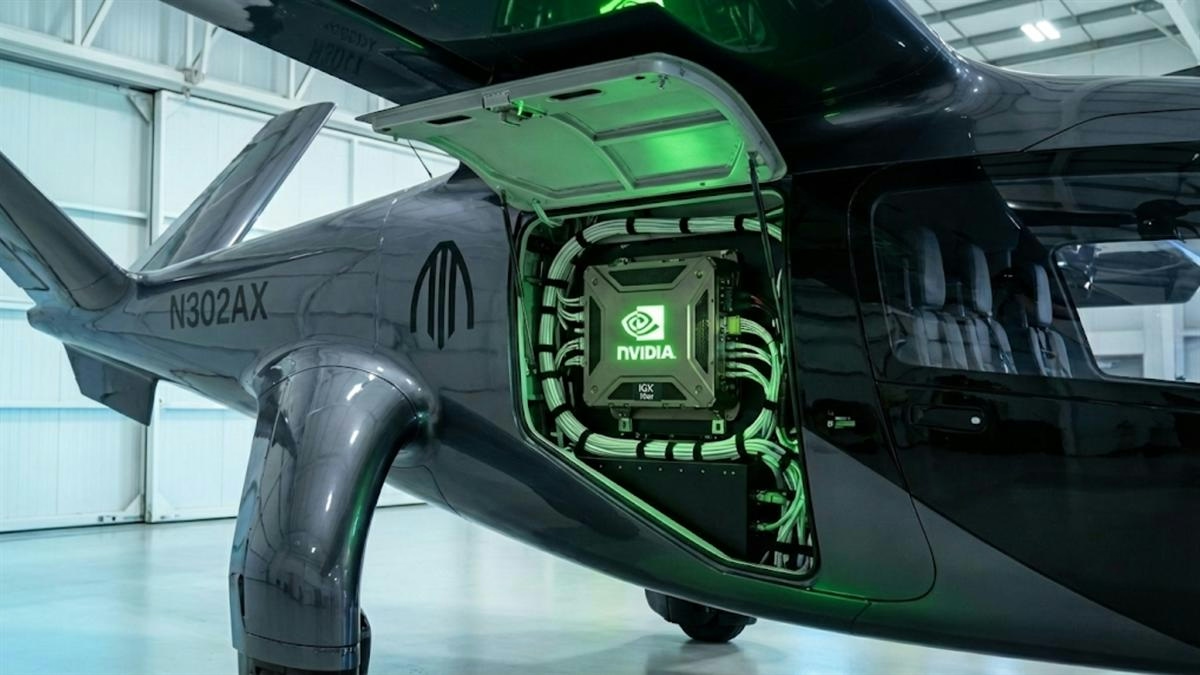
Archer Aviation’s UK AI Flight Hub and NVIDIA Partnership Shift Investment Outlook
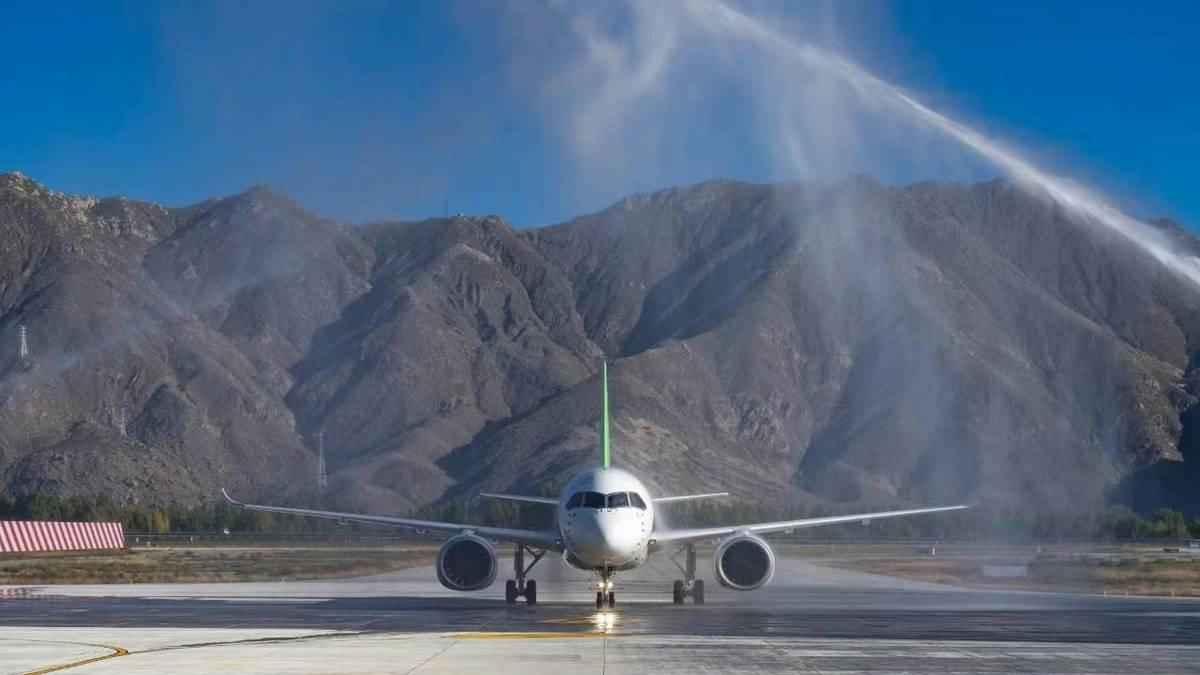
COMAC Faces Delays as Supply Chains and Sanctions Restrict Output and Western Access

Aviation Tariffs Shift Focus Amid Market Volatility
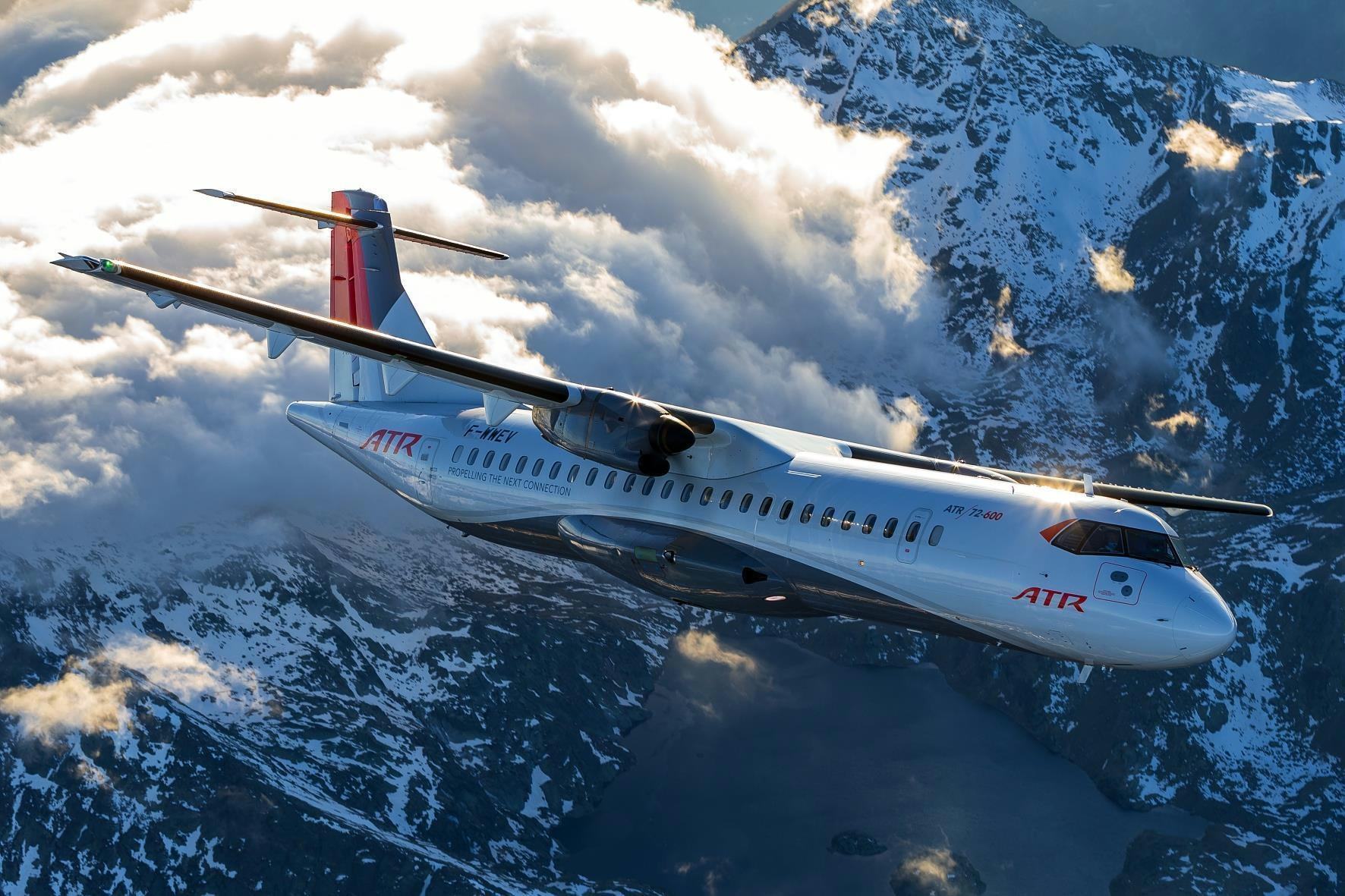
ATR Airlines Misses Targets Amid Aircraft Delivery Delays

Sen. Jerry Moran Proposes Bipartisan Bill to Improve FAA Certification for Advanced Air Mobility
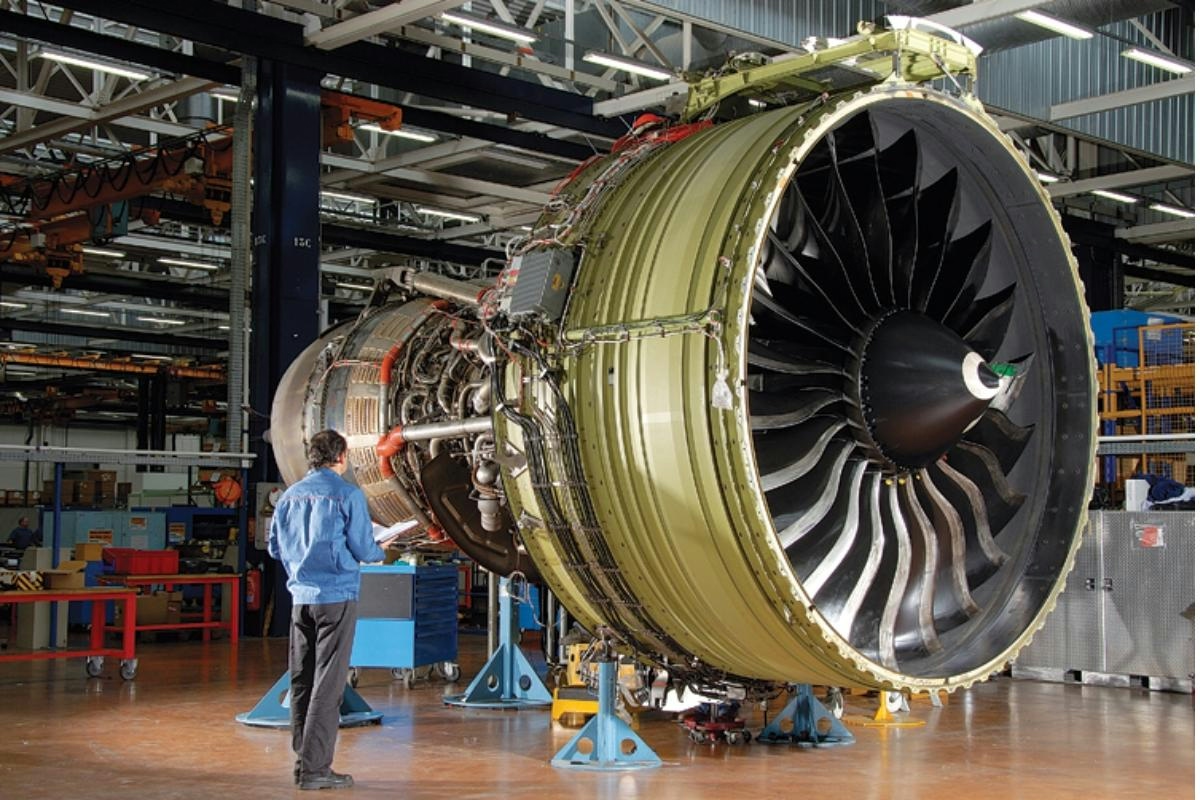
Aviation to AI: How Boeing Engines Are Powering the Data Center Boom
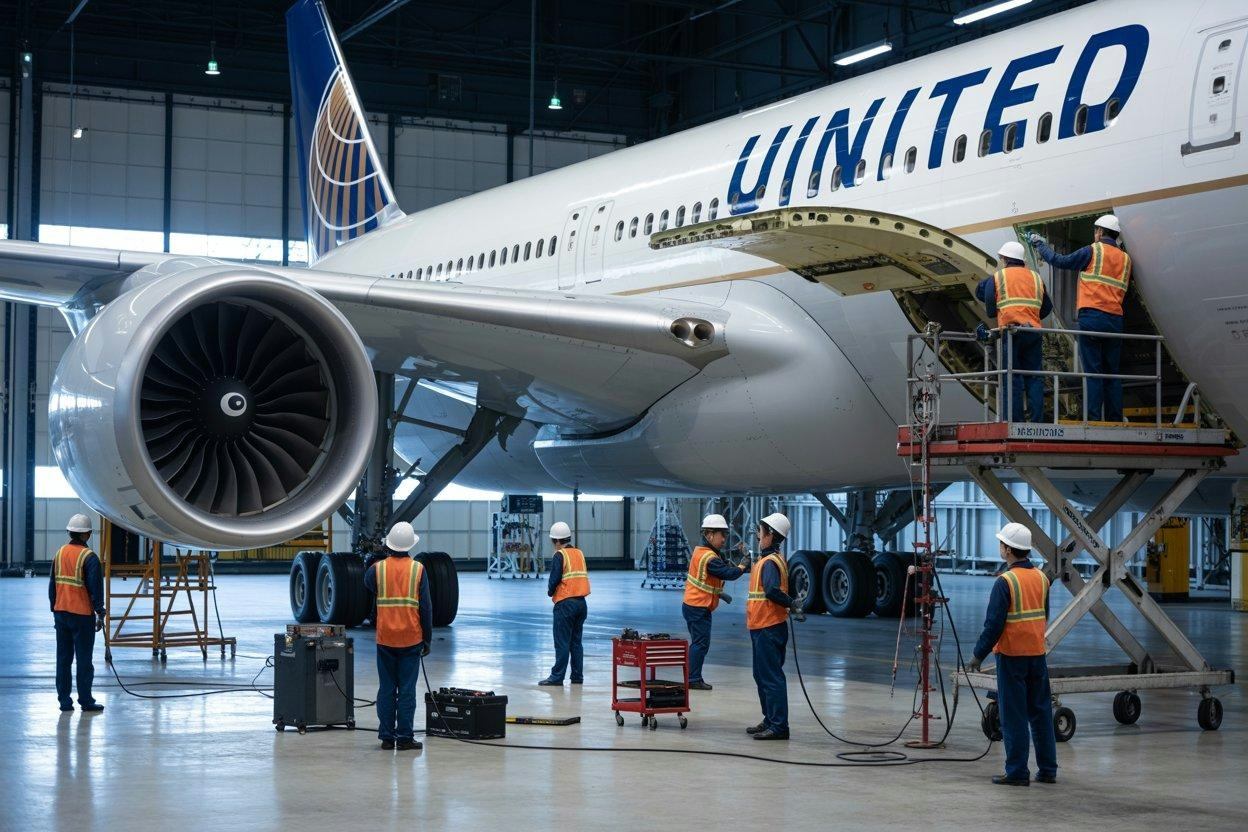
US Audit Identifies FAA Oversight Gaps at United Maintenance
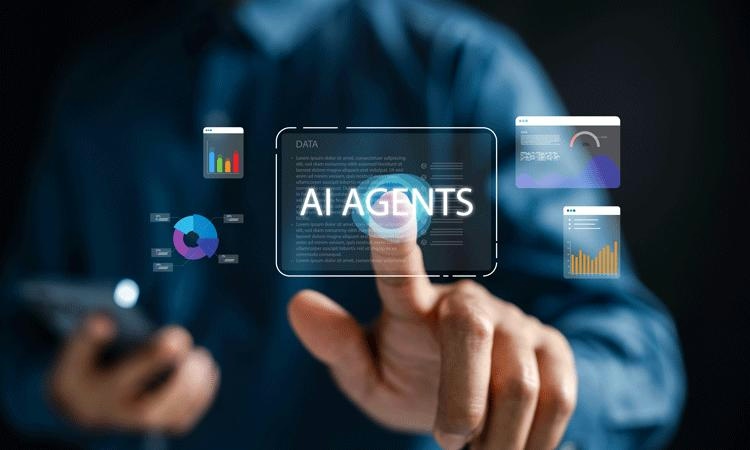
The Impact of Agentic AI on Airport Operations
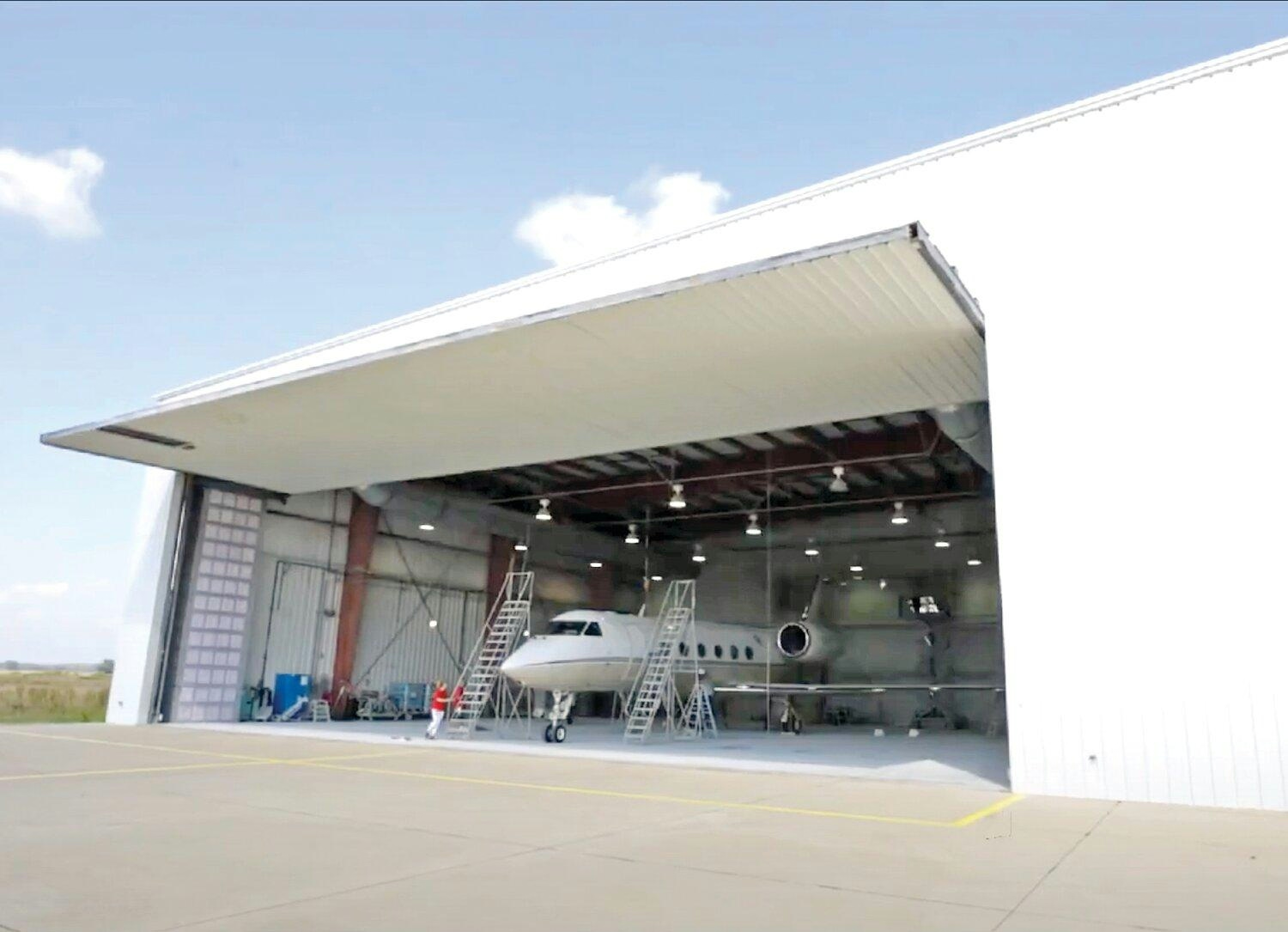
West Star Aviation Announces Expansion in Chattanooga
